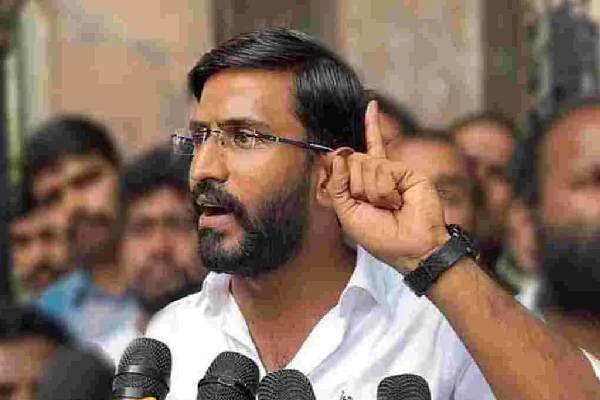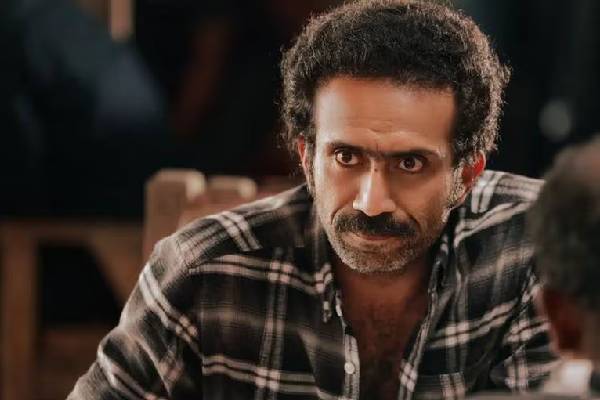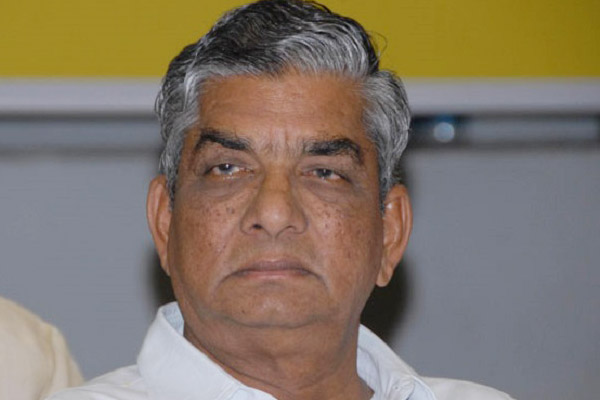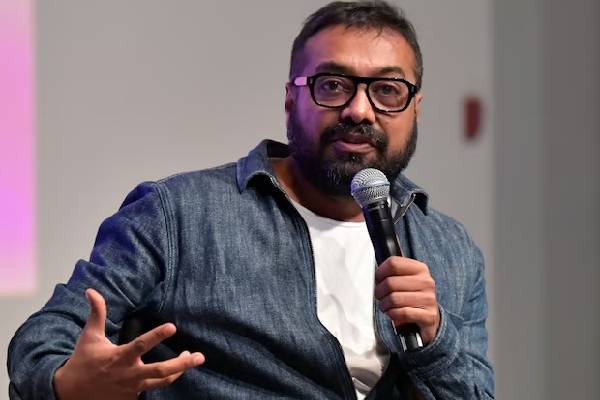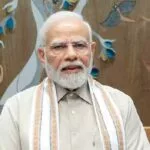Who is responsible for foisting the St Kitt’s forgery case against former Prime Minister PV Narasimha Rao? Guess who could it be. Several names fly thick and fast in our minds. But none of us is sure of the answer.
But, former Director of the Central Bureau of Investigation (CBI) K Vijayarama Rao knows the answer.
“But, I will never disclose the name of the person at whose behest the case was foisted against the late Narasimha Rao,” asserted Vijayarama Rao.
“I am happy now and leading a retired life. If I disclose that name, the entire media and people from different walks of life will fall on me and dissect,” said Vijayarama Rao with a broad grin on his face. Maybe, it is after all anybody’s guess.
For those who came in late, the case that did not have Rao’s name as an accused in the beginning, had it included eventually. The case had embarrassed Rao thoroughly, even though he was discharged on June 4, 1997 by Special judge Ajit Bharihoke. The Sword of Damocles hanged on his head until Delhi High Court upheld the discharge on December 23, 1999 and the Supreme Court rejected the Special Leave Petition of the Central Bureau of Investigation to review the High Court decision. While the case began in August 1989, Rao’s name was brought in after he had demitted the office as the Prime Minister. He was arrested and released on bail by the CBI.
Five cases were filed against Rao, including the Lakkubhai Pathak case, Jharkhand Mukti Morcha bribery case, Babri masjid demolition case and a few others.
Vijayarama Rao, who had served as the Director of the CBI, the apex investigation arm of Government of India, during Narasimha Rao’s regime as the Prime Minister, said that none of the cases ended in conviction and PVN Rao was not guilty of any of the allegations that came up against him. The Ayodhya case is still pending investigation by the CBI, he pointed out.
Vijayarama Rao spoke at the inaugural of ‘Nara Simhudu’, the Telugu translation of ‘Half Lion – How PV Narasimha Rao Transformed India’, a political biography of PV Narasimha Rao, by Vinay Sitapati, a journalist and historian, at Hyderabad a couple of days ago.
Most of those who spoke at the function were senior citizens and some of them had worked in senior and pivotal positions during Narasimha Rao’s regime.
PVRK Prasad, Media Advisor and Secretary in the Prime Minister’s Office at that time, differed with some portions of the content of “Half Lion”, especially the issues like the razing of Babri masjid to ground where it was mentioned that the Prime Minister had locked himself up in the room when the demolition was on, and also that he had proactively worked for and knocked off the coveted position of the Prime Minister. But Prasad endorsed the effort of Vinay Sitapati and acknowledged the authenticity of large portions of the book.
He recalled a touching instance where the former Prime Minister had wanted to check if Prasad could help him dispose of his (Narasimha Rao’s) house so as to enable him to meet the lawyer fee – precisely Rs. 13 lakh – to be paid to the advocates in the cases he was implicated in. Narasimha Rao had already paid Rs. 8 lakh, the proceeds he got from the sale of his autobiography, The Insider.
“I am shocked that the Prime Minister, who held almost every important position in the country, did not have Rs 13 lakh to pay to lawyers.” Nowadays, even an archetypal nowhere man speaks of hundreds of crores. “I asked him, sir, what happened to all those crores of rupees that used to pass in front of our eyes? He had said that it was party money and it should not be touched.”
Prasad recalled another incident to explain the selfless service of Narasaimha Rao. “We don’t need anybody’s money. God has given us an opportunity. Let us serve the people to the best of our ability.” The former Prime Minister used to repeatedly say this about the opportunity he got and also believed that it was not eternal and it was highly volatile.
Home Secretary of India during Narasimha Rao’s regime, K Padmanabhaiah, presented spell-binding anecdotes and asserted that the charge of being indecisive against the former Prime Minister was atrocious. He debunked it, buttressing his argument with evidences.
Padmanabhaiah said that it was Narasimha Rao who, once and for all, had ended the unrest and strife in Punjab and had elections conducted there and restored peace and democracy. “Narasimha Rao decided to hold elections in Jammu and Kashmir to restore democratic process in the trouble-torn State after nine years. Had Narasimha Rao heeded to my advise to have the elections conducted before the general elections, things would have been different. He would have returned to power, as J&K polls would have become a political statement. But, Mr Narasimha Rao was never selfish.”
Padmanabhaiah recalled many issues just to prove a point that Narasimha Rao was quick and assertive in any decision and there was neither procrastination, nor was there any vacillation (Rao was infamously derided as Procrastinating and Vacillating Narasimha Rao by critics).
About his appointment as Home Secretary, Padmanabhaiah said: “I am not known to Narasimha Rao. I am a Maharashtra cadre IAS officer. But he chose me for the top job in the Ministry of Home Affairs by virtue of my merit and seniority. He doesn’t have any other criteria, except merit for appointments. Rao was the first to let envoys of the United States, United Kingdom and European Union to access the Mumbai blast sites and also Jammu & Kashmir to dispel the misgivings about India.”
All the retired bureaucrats walked down the memory lane and turned nostalgic during the programme.
AP Assembly Speaker Mandali Buddha Prasad recalled several anecdotes on how graceful Rao was and how the Congress high command had ill-treated him and pushed Congress ranks into a quandary of fear psychosis even if they attend a programme in which Rao had participated.























